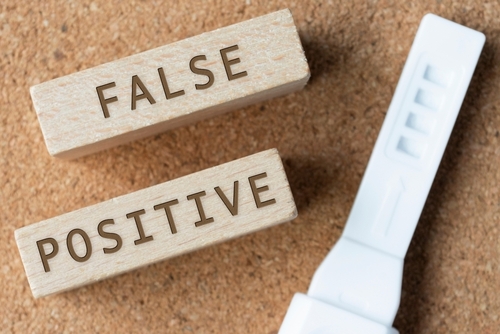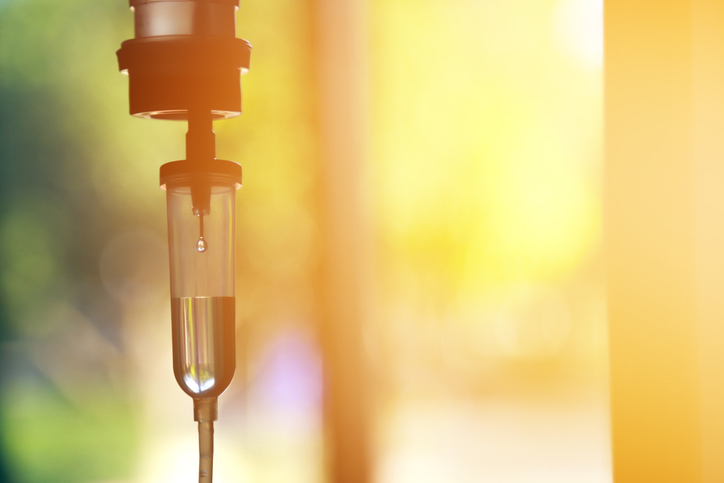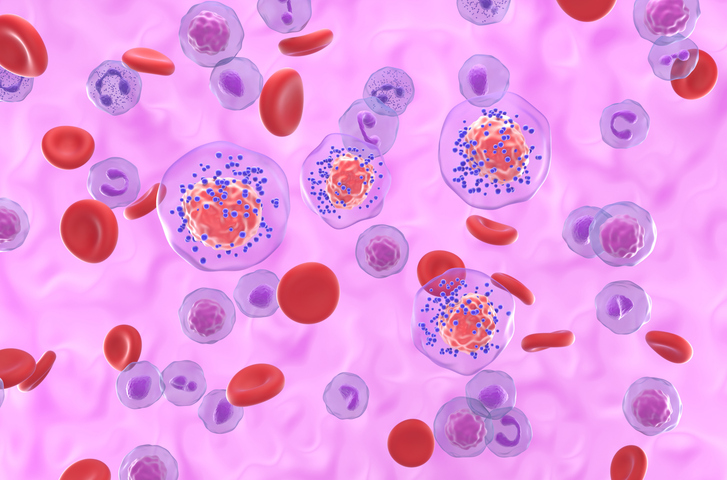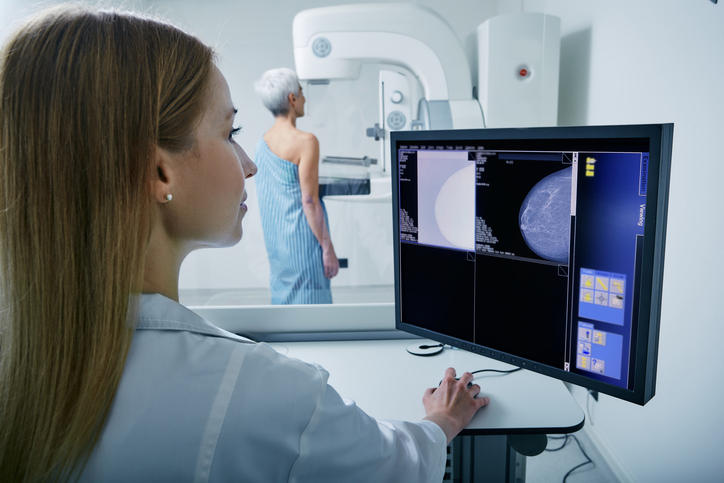
Women who receive false-positive mammogram results are less likely to return for a follow-up screening, according to a new study published in the Annals of Internal Medicine.
In this study, researchers assessed data on more than 3.5 million screening mammograms nationwide performed between 2005-2017 on over 1 million patients.
The findings showed that 77% of women with a negative result from a mammogram returned for subsequent screening. However, this percentage dropped to 61% following a false-positive finding requiring another mammogram in six months to confirm the results, and 67% if a biopsy was recommended. The researchers noted that the impact was even more pronounced for women who received false-positive results on two consecutive mammograms recommending short-interval follow-up—only 56% returned their next screening mammogram.
The results are highly concerning to the research team. “The finding raises concerns about the potential unintended consequence of false-positive results, where women may avoid screening mammograms in the future,” said lead author Diana Miglioretti, cancer center researcher and chief of the Division of Biostatistics at UC Davis via a press release.
“It is important for women with false-positive results to continue screening every one to two years,” Miglioretti added, “Having a false-positive result, especially if it results in a diagnosis of benign breast disease, is associated with an increased risk of being diagnosed with breast cancer in the future.”







 © 2025 Mashup Media, LLC, a Formedics Property. All Rights Reserved.
© 2025 Mashup Media, LLC, a Formedics Property. All Rights Reserved.